Features
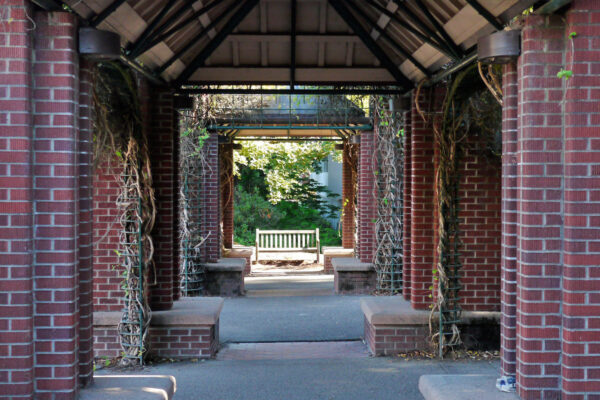
Essential Partners: Chief Academic Officers and Chief Financial Officers
The latest post in the ACAO series shares perspectives of two chief academic officers—one from a public institution in the Midwest with 12,700 students, the other from a private university in New England with 7,000 students. The topic is the CAO’s working relationship with arguably the most important fellow vice president on campus—the chief financial officer.
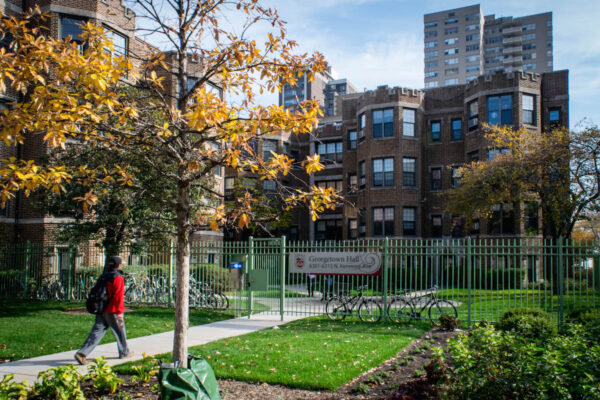
Survival to Transformation: Navigating Fiscal Distress During COVID-19
The challenge ahead for higher education is unprecedented, and the typical solutions won’t sustain our institutions. If we can’t go back to what we used to be before COVID-19, we must instead evolve to something better, writes Philip Rogers.
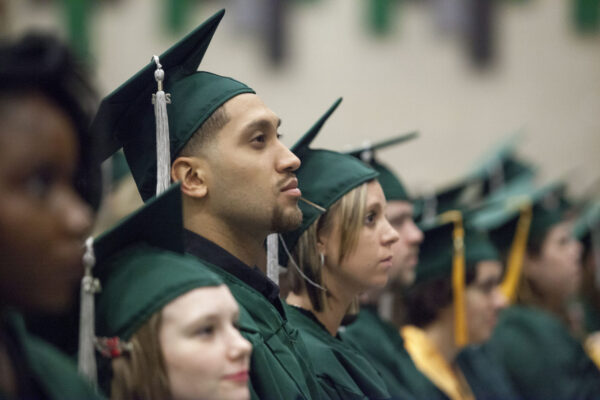
We Need to Talk About Learning Continuity
Amid all the transitions that students and colleges will be going through in the coming months, we need to start experimenting with new tools and practices—like blockchain—that hold the potential to equitably safeguard, verify, and share learning no matter where it happens, writes ACE’s Louis Soares.
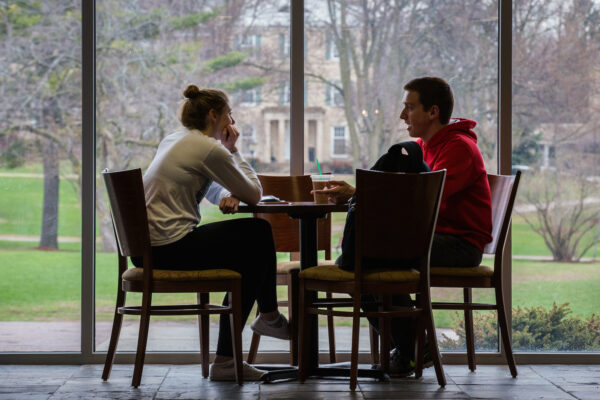
Supporting College Students Through a Public Health Crisis: Lessons Learned from Hurricane Harvey
In the fall of 2017, Hurricane Harvey struck the Gulf Coast, significantly affecting 13 million people in states throughout the region. Ruth M. López and Vincent D. Carales of the University of Houston look at what colleges can learn from Hurricane Harvey to address student mental health and well-being during the COVID-19 pandemic.

Let’s Talk About Race: An Interview With Thuy Thi Nguyen
The Let’s Talk About Race interview series captures the voices of prominent higher education scholars and leaders as they share their perspectives and experiences on race and ethnicity in higher education. Read the latest conversation with Thuy Thi Nguyen, president of Foothill College in Los Altos Hills, California.

Guideposts for the COVID-19 Learning Transition
COVID-19 is pressing millions of students and faculty into an experiment in teaching and learning that has implications for a new form of college-going that may transform our understanding of higher education. ACE’s Louis Soares writes that our knowledge of how students learn can help us figure out how to move forward.
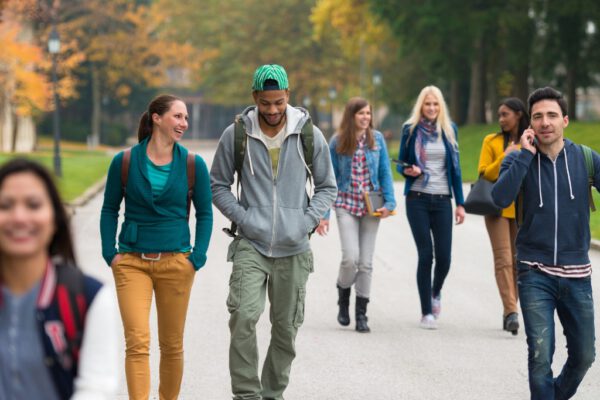
Can Internationalization Survive Coronavirus? You Need to See My Data.
Coronavirus has been a blow to study abroad and foreign exchange. But as Robin Helms explains, the most powerful lever for international education is not moving people back and forth. It’s what’s happening on our own campuses.
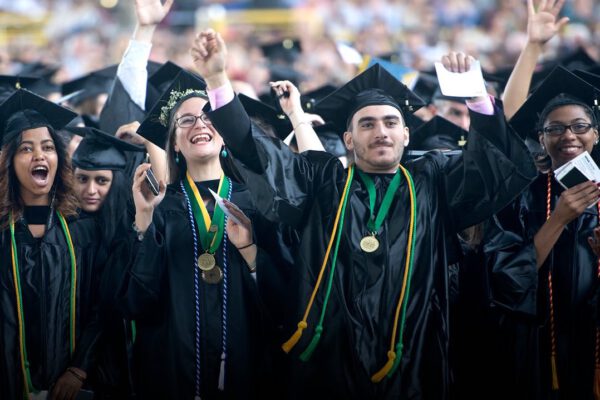
Rethinking Community College Workforce Education: Eliminating the Dead End
When it comes to transfer, mobility, and equity, do traditional community college pathways hinder a student’s prospects? Mark M. D’Amico looks at what we can do to get around the hurdles.
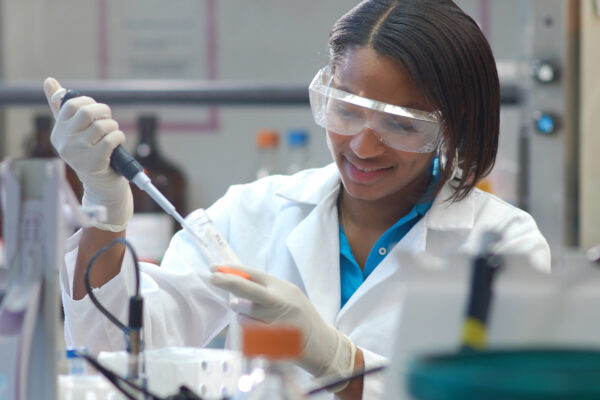
Entrepreneurial Mindset as a Marketable Skill
Austin Community College wants its students to develop an entrepreneurial mindset as a marketable skill, regardless of their program of choice. ACC Provost Charles M. Cook discusses how the college makes that happen in a new post from the Association of Chief Academic Officers.
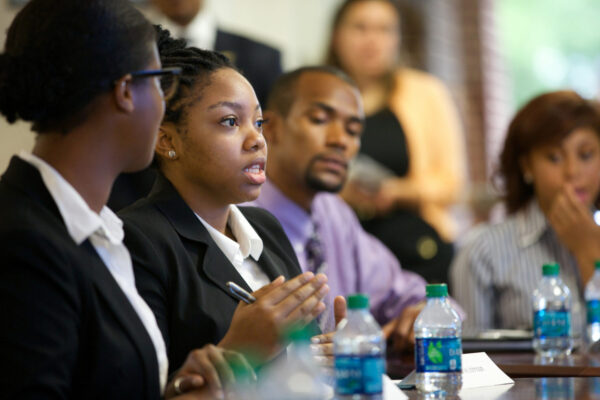
Let’s Talk About Race: An Interview With Damian Fernandez
The Let’s Talk About Race interview series captures the voices of prominent higher education scholars and leaders as they share their perspectives and experiences on race and ethnicity in higher education. Read the latest conversation with Damian Fernandez, the Albert and Suzanne Lord Chancellor of Penn State Abington.
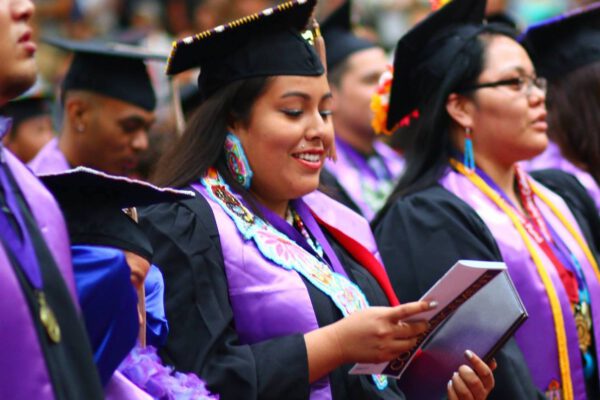
Indigenous Perspectives on Native Student Challenges in Higher Education
Success for Native American students requires that higher education be responsive to the unique values, needs, and perspective each student brings to campus. Robin Zape-tah-hol-ah Minthorn gives a primer on where colleges and universities can begin.
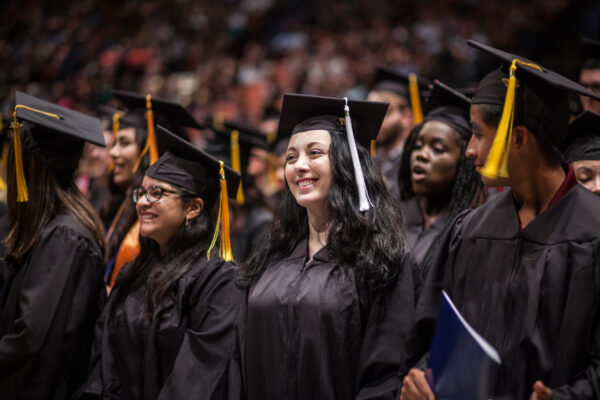
Pathways to Community College Transformation
The hurdles for community college students who are first-generation, low-income, and members of other underrepresented groups are often formidable. One model that over 300 community colleges have embraced to support these students is Guided Pathways. ACE Fellow Suzanne Wilson Summers takes a look.